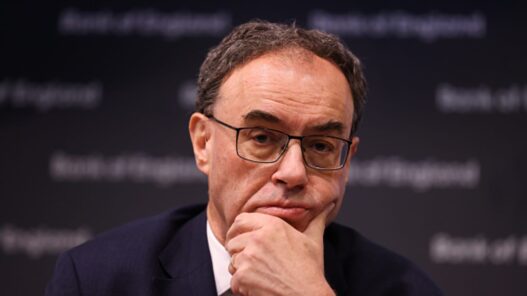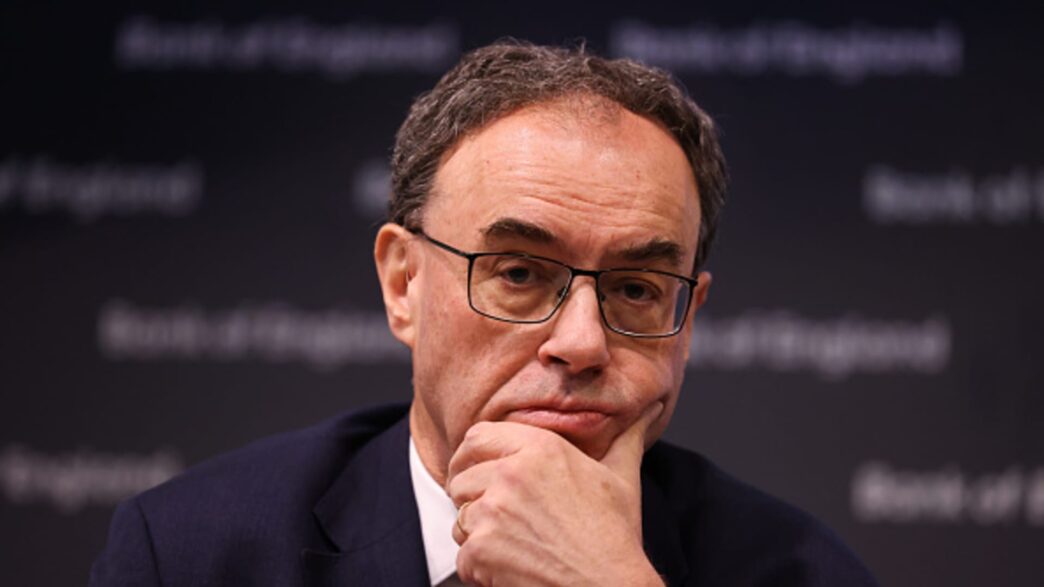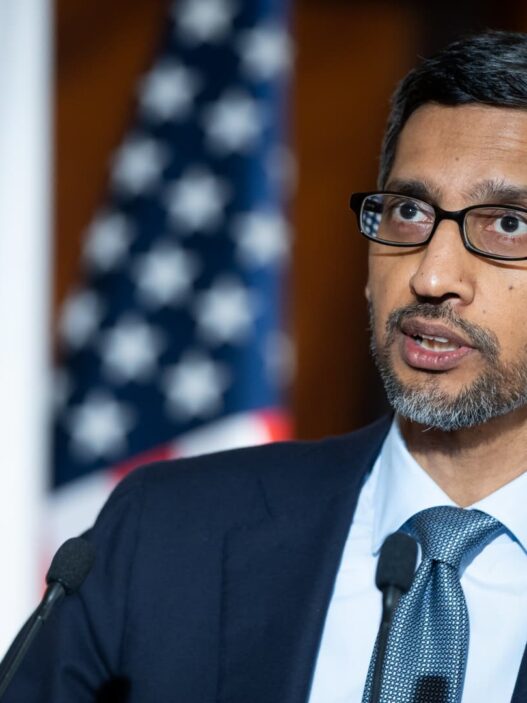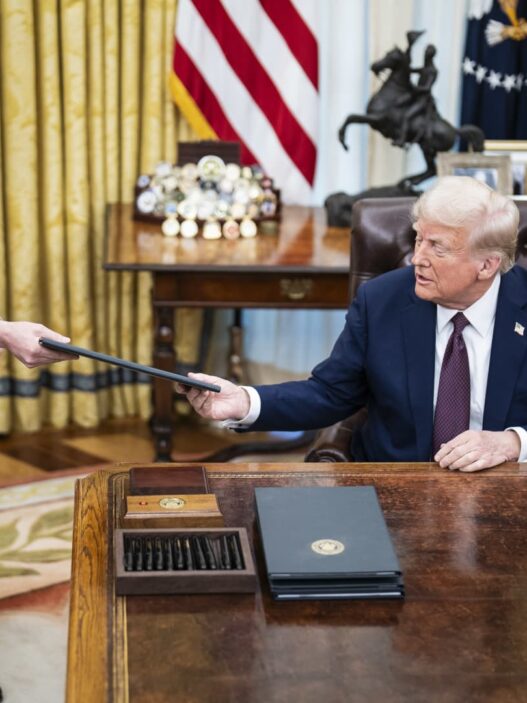The Bank of England is widely expected to reduce interest rates on Thursday, amid a complex background for lukewarm local growth expectations, the upcoming increase in taxes paid by companies and tariff threats in the market for the United States Donald Trump.
As of Wednesday morning, the financial markets were 98 % of the lower price of the quarter at the February meeting, which will reach the bank rate to 4.5 %. The Bank of England chose a contract in its previous gathering in December, noting that “high” services are 5 % and printing a 2.6 % higher address in November. This rate has been cooled since then to 2.5 %, while the inflation of services decreased to the lowest level in 33 months at 4.4 %.
Since January, traders have increased their bets on the total number of cuts in BOE prices that are likely to take place during the year 2025. At the beginning of the year, shells were expected, economists and prominent work votes, including the President of the British Bank LloydsCharlie Nun, said they expect three edges. Meanwhile, market pricing is more than 80 basis points of discounts by December, indicating that four discounts may be a possibility.
These bets have been built against the background of many data surprises, including weakest retail sales data expected and November disappointing growth.

On Thursday, the division of voting between the nine members of the Monetary Policy Committee will be monitored-with a unanimous or almost non-identical decision indicating a bias towards mitigation-as well as the updated and enlarged growth forecasts of the Bank of England.
The UK’s economy stagnated in the third quarter, and the Bank of England has already expected that the last three months of last year have not shown any growth.
Any translation to 2025 growth forecasts in the Bank of England, or for inflation expectations to 2.7 % in the fourth quarter of 2025 and ease to 2.2 % over 2026, will be considered support for doves.
Uncertainty
The two main evolutions can make the bank’s prediction, which is likely to be interrogated by the Governor of Bank of England Andrew Billy.
The first is how the central bank now considers any possible inflationary effect from The financial reforms announced by the UK government in October, which include a significant increase in the tax that companies face on salary statements. A survey conducted by the British Chambers of Commerce, published in January, said that some companies plan to high prices as a result of high costs.
The second question is how the UK will conclude amid Trump’s volatile policy and the start of his trade war against China, which is currently to come from what was originally afraid. Trump threatened definitions on imports from the United Kingdom and the European Union, but delaying his duties in Canada and Mexico suggested that other countries be able to negotiate their way out of the fighting.
It has also suggested that the UK can benefit from broader trade conflicts with the United States because of its most balanced trade relationship with the largest economy in the world, allowing an increase in investment in the UK and new trade opportunities.

“If Chinese goods find their way to the continent and to the United Kingdom, and exerted price pressure on prices, it gives (the European Central Bank) a greater room to reduce interest rates more than the markets expect this year, especially Dan Burdman Weston, CEO of the BRI investment head Wealth Management, CNBC “Street Signs” on Tuesday, “It is expected to weaken growth during the coming quarters.
This is likely to emphasize the difference in the monetary policy between the Bank of England and the European Central Bank-which is seen as the market as possible to reduce a full percentage this year-and the US Federal Reserve, which witnessed its trim by half a point at most.
Anthony Karaamamas, the global fixed-firm income head at SEI, said that the UK’s situation of “stagnation”-the economic recession in addition to inflation over the goal-was a challenge for the Bank of England because it “seeks to support economic activity during time also commit to the mandate of inflation Fraud.
“In the future, sticky inflation may limit the ability of the governor Billy to reduce prices much more,” Karaamams said in the comments via e -mail.
He said that the central bank is pressing forward at a rapid pace to alleviate, “the UK government bond market may suffer from the punishment of credibility in the form of a much higher allowance,” adding that this will limit the government’s scope of spending on this. Productive growth. “
The costs of borrowing in the United Kingdom increased in January amid a sale in the global bond market and struck concerns about Britain’s deficit and weak growth expectations. Borrowing costs have decreased since then significantly.












